
Gallery: Creatures from the Census of Marine Life
Marine Venus
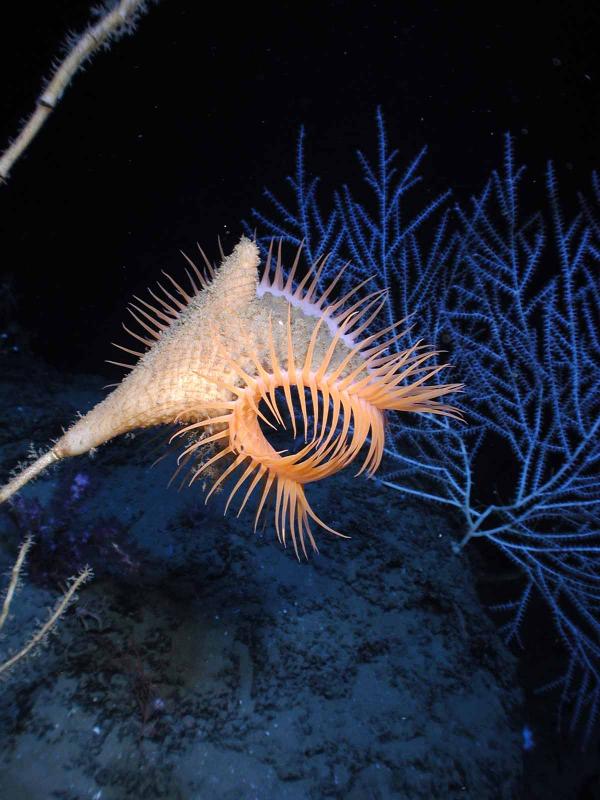
This Venus fly-trap anemone, living 4,920 feet (1500 meters) below the surface waters of the Gulf of Mexico, is only one among thousands of photogenic species cataloged by the decade-long Census of Marine Life, which is drawing to a close this fall. Click through to see more.
Marine Cope
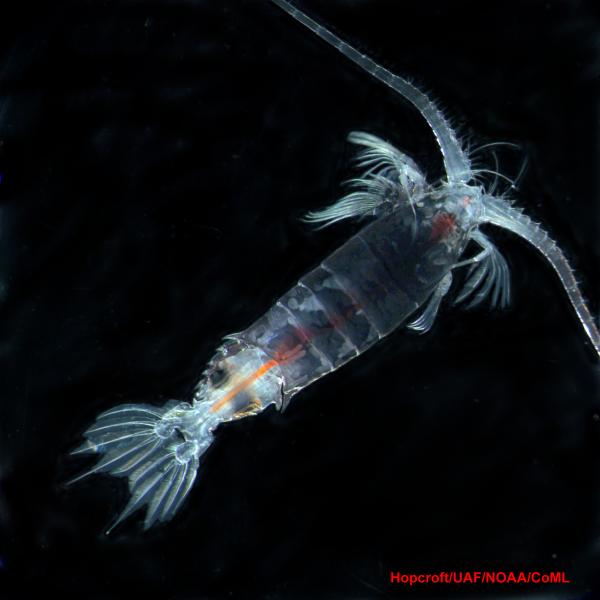
A female copepod, a tiny, deep-water crustacean. Crustaceans claim top spot in the sheer number of varieties among the planet's ocean life, comprising almost a fifth of the known species.
Marine Octo
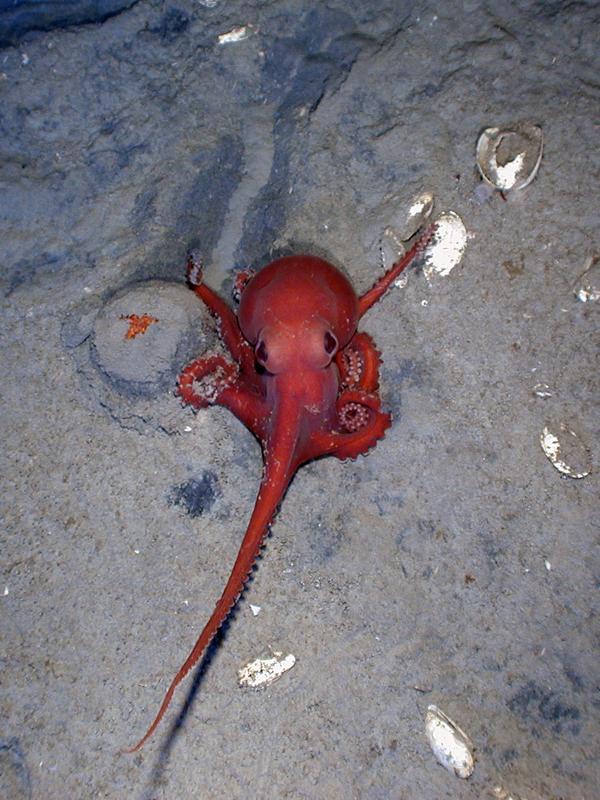
A deep-water octopus. Mollusca, a phylum that encompasses leggy invertebrates like the squid and octopus, along with their less charismatic and more oozy brethren slugs, snails, clams comes in second only to crustaceans for sheer number of species inhabiting the Earth's oceans. 8,860 feet (2700 meters), Alaminos Canyon, Gulf of Mexico.
Marine Ampi
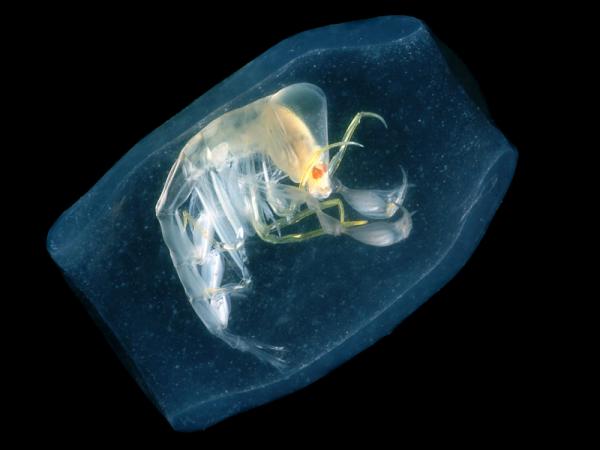
A deep-water amphipod, a kind of crustacean, Northern Gulf of Mexico.
Marine Foster
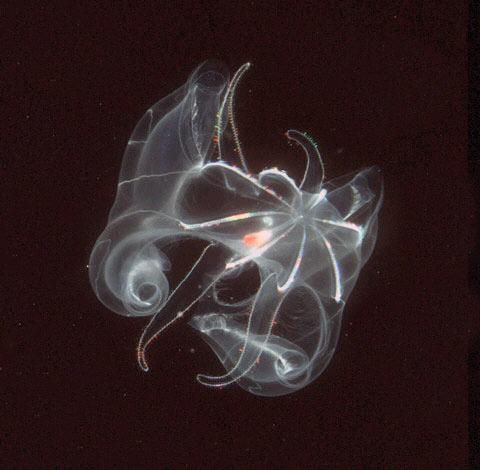
Named after Dudley Foster, pilot of the US Navy submersible Alvin, who collected the first specimen, this tiny jelly is common near the Mid-Atlantic Ridge, an ocean-floor dividing line that separates the North American tectonic plate from the Eurasian, running south from Iceland down to the Azores.
Marine Squid
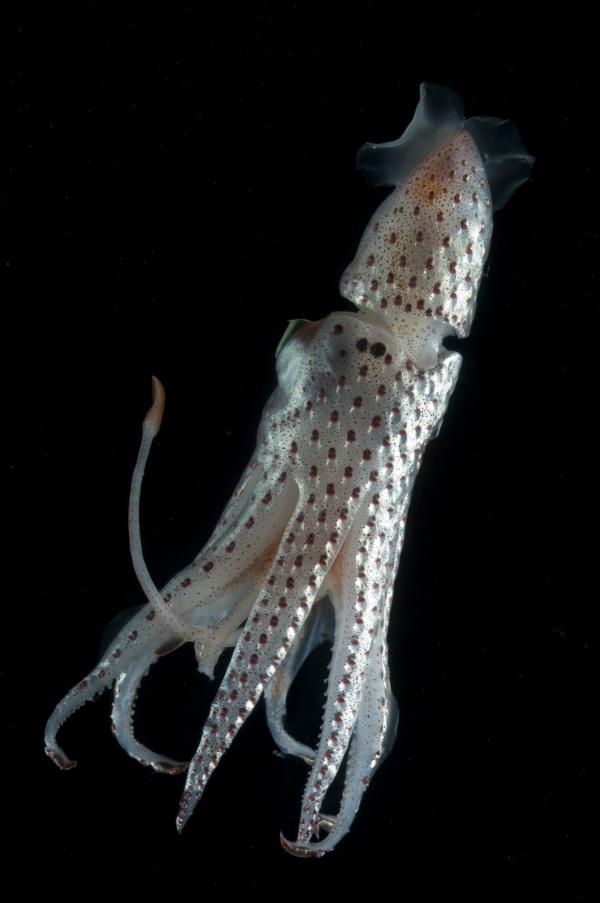
The jeweled squid, Histioteuthis bonellii, swims above the Mid-Atlantic Ridge at freezing depths from 1,640 feet (500 meters) to 6,560 feet (2,000 meters). It passes its life in total darkness.
Marine Deepjelly
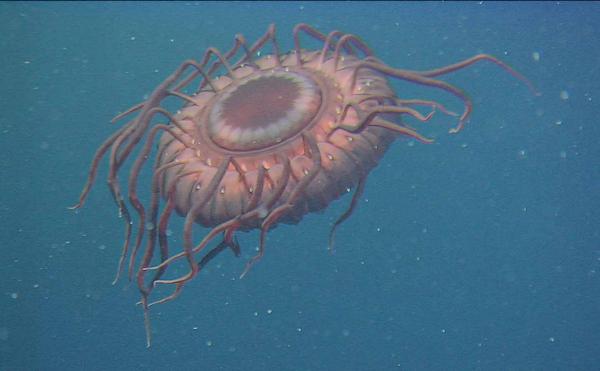
Deep-sea jellyfish. When attacked by a predator, it uses bioluminescence to "scream" for help. This amazing light show is known as a burglar alarm display. East of Japan's Izu-Oshina Island, 2,640 feet (805 meters) down, the picture was captured by a Remote Operating Vehicle, or ROV.
Sign up for the Live Science daily newsletter now
Get the world’s most fascinating discoveries delivered straight to your inbox.
Marine Frogfish
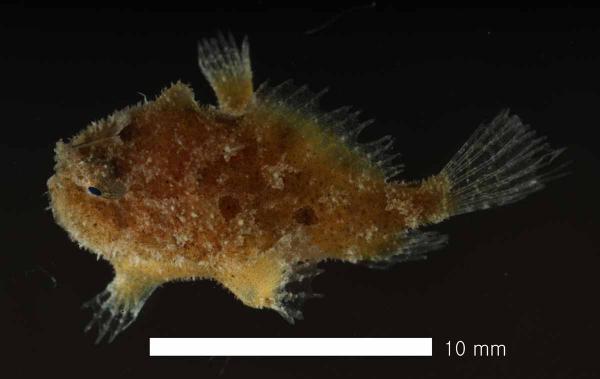
The Sargassum Fish (Histrio histrio) is a member of the frogfish family, a group of small, globular fishes with grasping, limb-like pectoral fins, a trapdoor-like mouth high on the head, and a "fishing lure" (formed by the first dorsal spine) on the snout. It typically lives in open waters. Although the Sargassum Fish is capable of swimming quite rapidly, it often crawls through the Sargassum Weed, using its pectoral fins like arms.
Marine Cuc
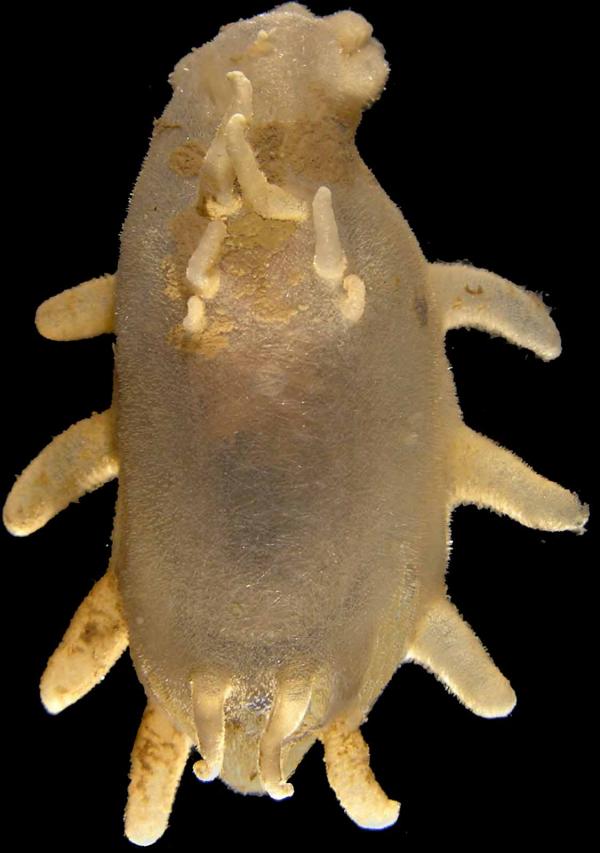
Elpidia belyaevi, a new species of sea cucumber from the Arctic deep sea.
Marine Zombie
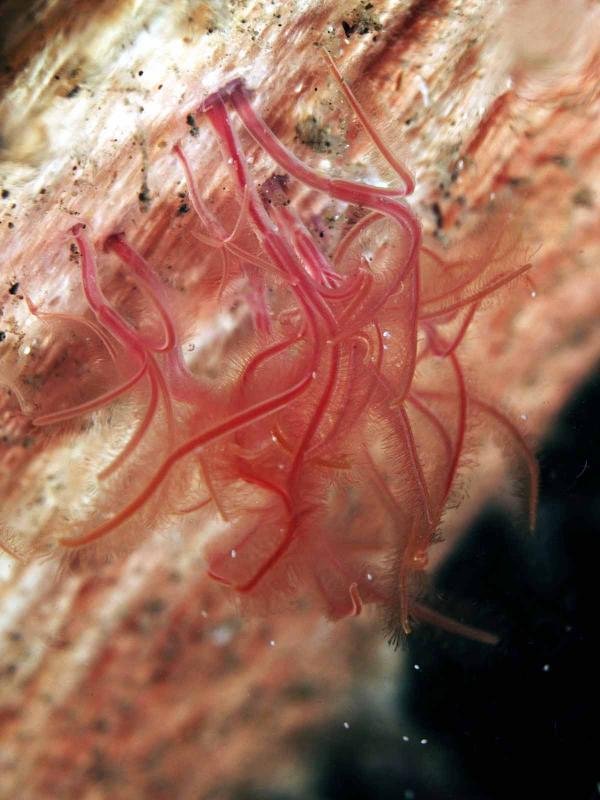
Zombie worm (Osedax roseus). This worm roots itself deep inside whale bones and devours them as energy sources. All Osedax males are dwarfs and live captive inside a gelatinous tube that encases the females. The bizarre arrangement allows for swift and efficient fertilization of the female's eggs.
Marine Bubble
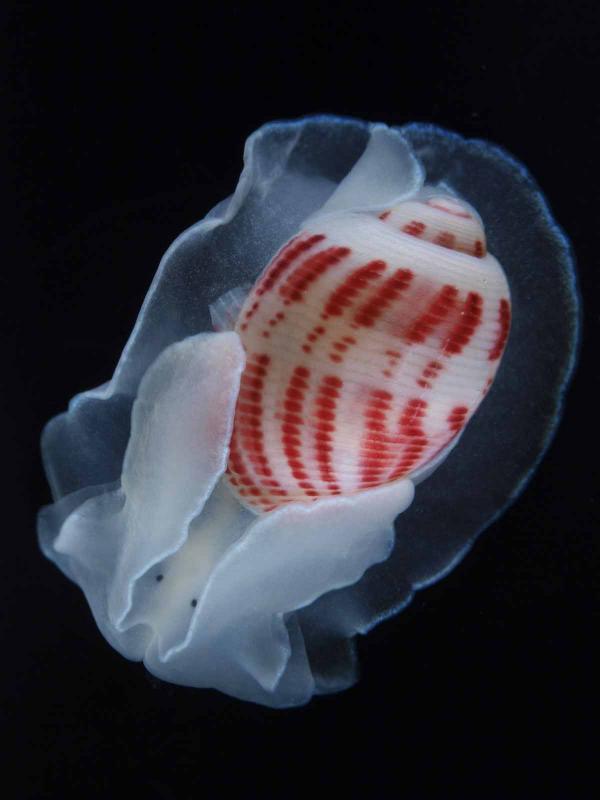
Red-lined paper bubble, off Japan's Cape Nomamisaki. This new species was discovered in a sperm whale carcass in the deep sea. Its tiny eyes, two black dots, are protected by wing-like folds.










